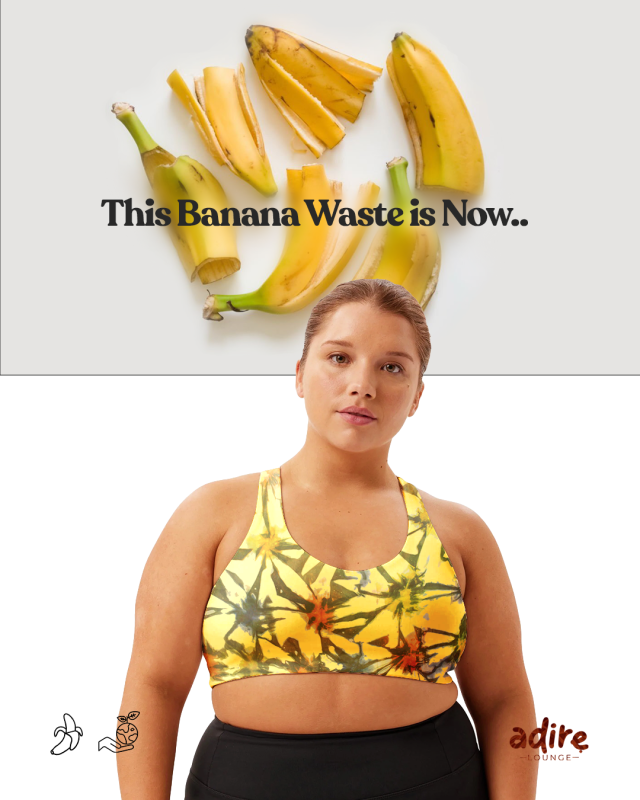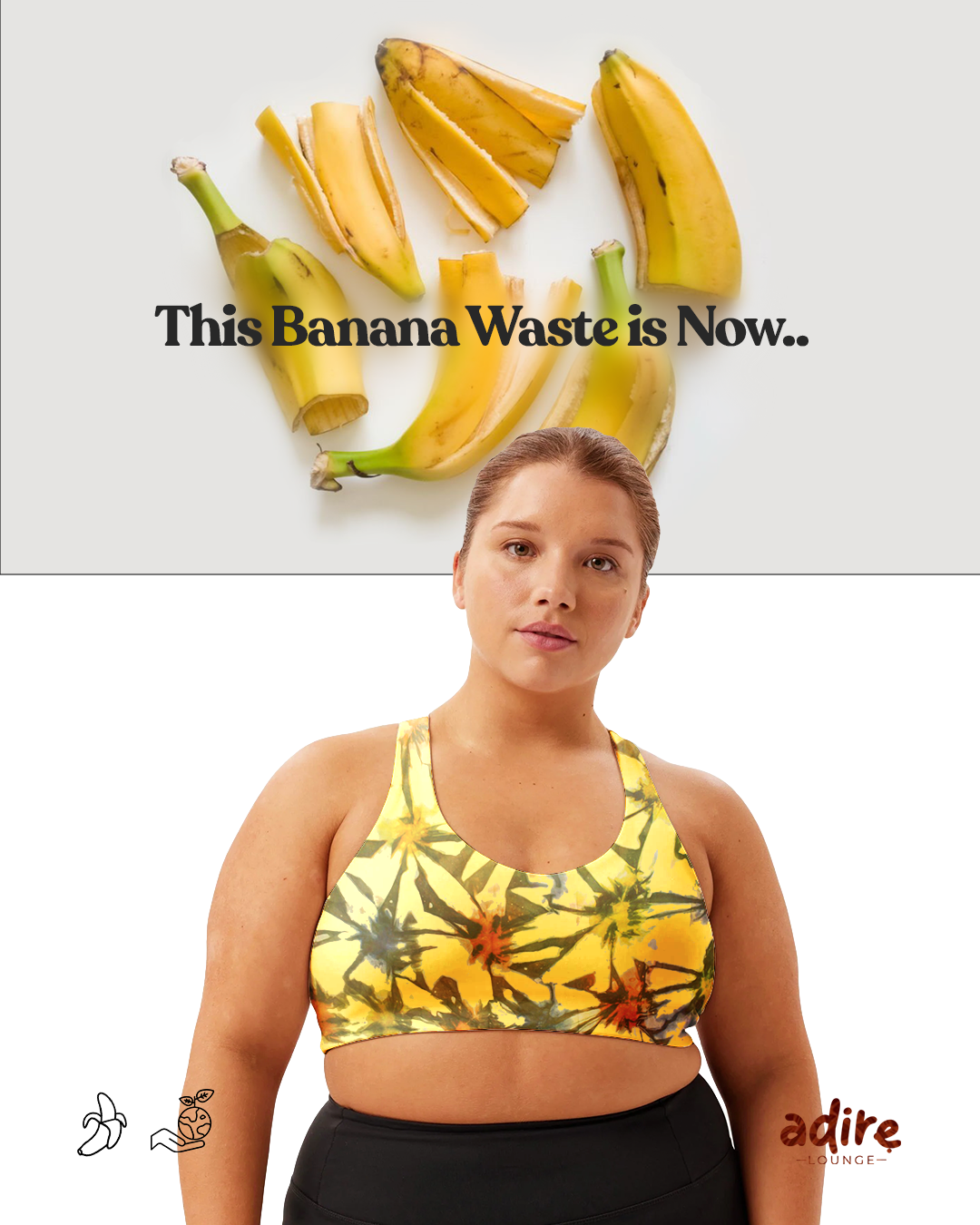Nigerian textile brand Adirelounge is spearheading the African drive for sustainable textile production. Founded in 2012, Adirelounge has been using the ancient adire textile dyeing method to make its own clothing and accessories.
Adire is a resist-dyeing technique that has been practiced in Nigeria for centuries. It involves creating intricate patterns on fabric using starch or wax and dyeing the fabric in indigo or natural dyes. Adirelounge uses this technique to make stylish and colorful fabrics that are both eco-friendly and durable.

Adirelounge’s inclusion of sustainability in all facets of their business operations is evident in everything from their cotton production to the chemicals they use. They support local farmers and decrease the carbon footprint associated with transportation by using natural dyes, such as indigo, as opposed to synthetic dyes that are considered hazardous to the environment and human health. They completely compost all the waste they create in the process.
They maintain sustainable production methods and are a proponent of high-quality, fair trade goods. They collaborate with craftspeople and pay for fair wages that enable them to preserve local craft traditions. Adirelounge uses upcycled materials, such as denim offcuts, to minimize costs and envision circular fashion
Adirelounge’s dedication to sustainability hasn’t gotten lost in the shuffle. In 2018, they won the Ethical Fashion Initiative Award at the Lagos Fashion Week and in 2020, they won the Green Product Award in Germany. They have been featured in prestigious fashion publications such as Vogue and Harpers Bazaar as well.
The findings of Adirelounge prove people’s ongoing desire for high quality clothing without the harmful effects of clothing production systems that have been known to cause considerable environmental harm. This startup is currently sustaining craftspeople in Africa by means of local textile production, which combines handicrafts, ethics, and local knowledge.
As consumers, we can support sustainable brands by preferring to purchase from them and challenging the fashion industry as a whole to be more economically and socially responsible. Together, we can make a big difference in what is considered just in the industry.


